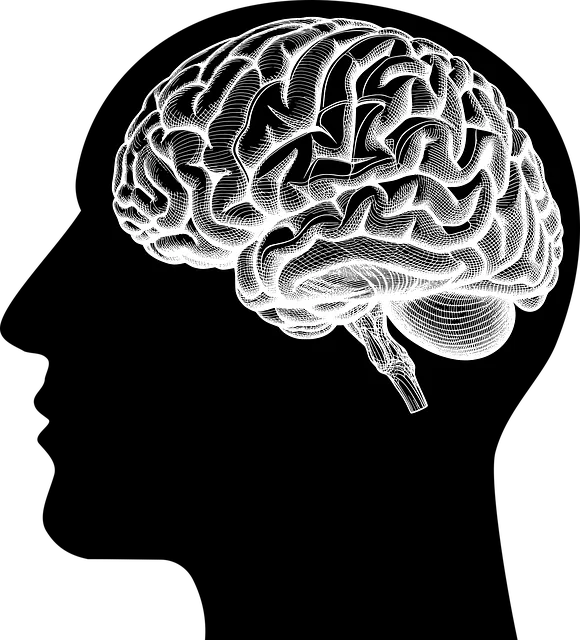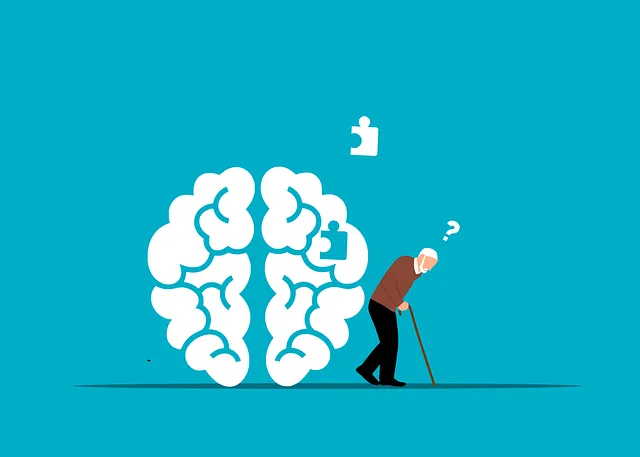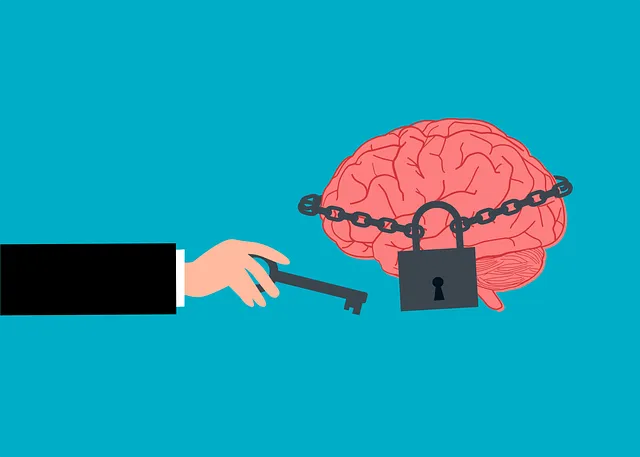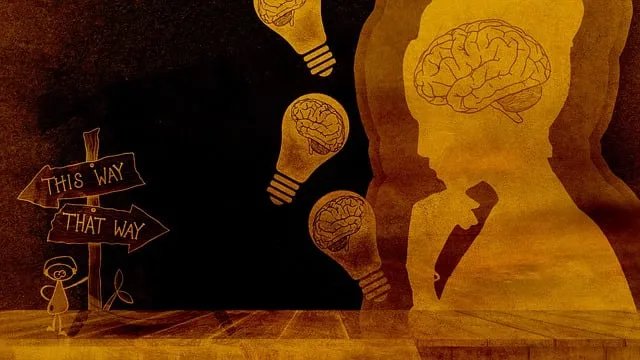The healthcare industry grapples with mental health diagnosis accuracy issues, exacerbated by complex symptoms and biases. To address this, providers like Kaiser implement initiatives such as Cultural Competency Training and Stress Management techniques. They employ advanced assessment tools, evidence-based practices, and open communication to improve diagnostic accuracy. Kaiser's multi-faceted approach includes collaboration between primary care and specialists, digital health platforms, and targeted stigma reduction efforts. The "golden standard" in mental healthcare emphasizes these strategies for enhanced diagnosis and treatment outcomes, with organizations like Kaiser leading the way. Future improvements rely on collaborative efforts and technological advancements to revolutionize mental healthcare services.
Mental illness diagnosis accuracy is a critical aspect of healthcare, with significant implications for patient outcomes. This article delves into the current state of mental health diagnosis, exploring challenges and efforts to improve accuracy. We examine Kaiser’s innovative approach to enhancing mental illness diagnosis and present strategies for widespread adoption across healthcare systems. Additionally, we discuss the impact of these improvements and future directions toward establishing golden standard mental health services.
- Understanding the Current State of Mental Health Diagnosis Accuracy
- Kaiser's Approach to Enhancing Mental Illness Diagnosis
- Strategies for Improving Diagnosis Accuracy Across Healthcare Systems
- The Impact and Future Directions for Golden Standard Mental Health Services
Understanding the Current State of Mental Health Diagnosis Accuracy

Mental health diagnosis accuracy has been a topic of growing concern within the healthcare industry. While organizations like Kaiser have expanded their mental health services, there remains a need for improvement in ensuring accurate diagnoses. The current landscape suggests that a significant number of individuals are misdiagnosed or undiagnosed, highlighting gaps in our understanding and assessment practices. This is particularly problematic given the complex nature of mental illnesses, which often present with overlapping symptoms.
Efforts to enhance diagnosis accuracy focus on several key areas, including enhancing healthcare provider training, such as implementing Cultural Competency Training programs to address biases and improve cultural sensitivity in mental healthcare practice. These initiatives aim to better equip providers to recognize and understand diverse presentations of mental illness. Additionally, integrating Stress Management techniques into clinical settings can aid in identifying underlying causes of distress, thereby improving diagnostic precision.
Kaiser's Approach to Enhancing Mental Illness Diagnosis

Kaiser has made significant strides in enhancing mental illness diagnosis accuracy through a multi-faceted approach. Their strategy involves integrating advanced assessment tools and evidence-based practices alongside fostering an environment that prioritizes open communication. By encouraging patients to share their experiences openly, Kaiser’s mental health professionals employ tailored communication strategies to gain deeper insights into symptoms and triggers, leading to more precise diagnoses.
Moreover, Kaiser recognizes the profound impact of mental illness stigma on diagnosis and treatment adherence. They actively implement mental illness stigma reduction efforts designed to create a supportive atmosphere where individuals feel empowered to seek help without fear of judgment. Additionally, Kaiser places emphasis on coping skills development, equipping patients with the tools necessary to manage their conditions effectively and improve overall well-being.
Strategies for Improving Diagnosis Accuracy Across Healthcare Systems

Improving diagnosis accuracy is a multifaceted effort crucial for enhancing mental health care within healthcare systems, such as Kaiser. One key strategy involves integrating advanced assessment tools and evidence-based practices. This includes utilizing standardized evaluation criteria and validated screening tools to ensure consistent and accurate identification of mental health conditions. Educating healthcare professionals on the latest research and treatment guidelines is vital; regular training sessions and workshops can help keep practitioners updated on best practices, including recognizing subtle symptoms and understanding comorbidities.
Furthermore, fostering collaboration between primary care providers and specialists is essential. Encouraging open communication and sharing of patient information ensures a comprehensive evaluation. The implementation of digital health platforms and telemedicine services can also improve access to mental health care, particularly in areas with limited resources. Golden does Kaiser have mental health services? Yes, Kaiser is known for its robust mental health programs, including Depression Prevention initiatives and Mental Wellness Podcast Series Production, which aim to increase Mental Health Awareness and support individuals on their journey to better mental wellness.
The Impact and Future Directions for Golden Standard Mental Health Services

The quest for enhanced mental health service accuracy has led many healthcare providers to explore and adopt what is often referred to as the “golden standard.” This approach emphasizes comprehensive assessment, evidence-based practices, and tailored interventions, aiming to improve diagnosis and treatment outcomes. Organizations like Kaiser, renowned for their healthcare services, are at the forefront of this movement. By integrating advanced diagnostic tools, multidisciplinary teams, and patient-centered care, they strive to ensure accurate mental health diagnoses.
Looking ahead, the future of mental health services lies in continued collaboration between healthcare providers, policymakers, and advocates. A comprehensive Mental Health Policy Analysis and Advocacy can drive systemic changes, ensuring that trauma support services are accessible and effective. Fostering positive thinking and promoting resilience through early interventions could be key to preventing more severe mental health issues. This holistic approach, combined with technological advancements, holds promise for transforming mental healthcare, making it more precise, efficient, and ultimately, life-changing for individuals navigating their mental wellness journeys.
Mental illness diagnosis accuracy is a critical aspect of healthcare that demands continuous improvement. As discussed, organizations like Kaiser are leading the way in enhancing diagnosis methods, using innovative strategies and data-driven approaches to ensure better outcomes for patients. The focus on precision diagnostics, along with the potential of adopting golden standard services, holds great promise for transforming mental health care. By implementing these practices across healthcare systems, we can strive for more effective and timely interventions, ultimately improving patient lives.






